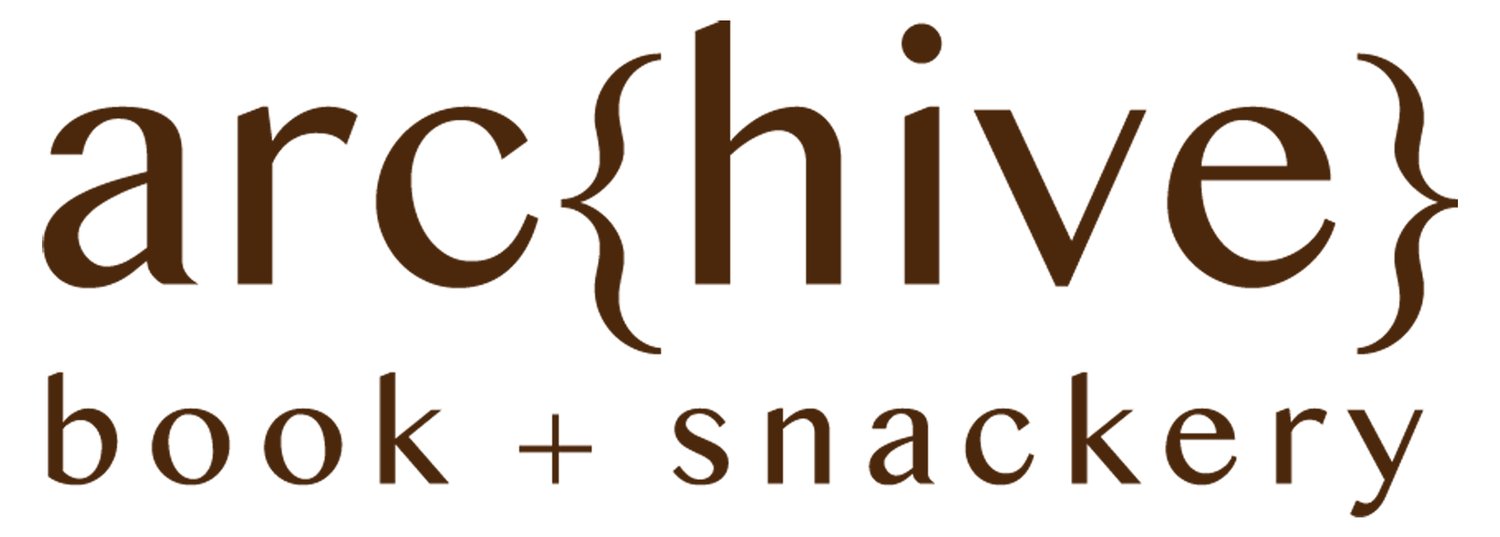Possibilities of Love
Page two of Michel Houellebecq’s dystopian novel, The Possibility of an Island, poses the question: “Who, among you, deserves eternal life?” This question is both a key to one of the book’s major themes, along with themes of human existence, technology and loneliness, but also, seemingly, a pointed accusation to us all. The emphasis is not on “eternal life” but on “deserves”.
Our protagonists are Daniel1, a successful comedian living in the present-day, and his clones living in a post-apocalyptic future where cloned humans seek immortality through a cult-like movement. Through alternating chapters, the novel explores their experiences, relationships, and quests for purpose, highlighting the emptiness and disillusionment prevalent in both timelines through a bleak, yet intriguing, vision of humanity's future.
There are very few, if any, characters in The Possibility of an Island that “deserve” eternal life, were it possible. Each seems incapable of surviving a normal lifespan, forget eternity. It is here, in this world, though, that the possibility for eternal life exists by having gene sequences and neural networks infused into successive generations of clones. One could live forever through eternal upgrades. Daniel25, our final Daniel, acknowledges this on his journey:
“... I knew that the passage to autotrophy had, with the neohumans, been accompanied by various modifications in the structure and workings of the smooth muscles. Compared with a human, I benefited from a suppleness, endurance, and functional autonomy that were greatly enhanced. My psychology, of course, was also different; I did not comprehend fear, and while I was able to suffer, I felt none of the dimensions of what humans called regret; this feeling existed in me, but it was accompanied by no mental projection.”
Again, one could live forever. But it seems nearly impossible for even these complex, genetically enhanced clones to outlive what causes some humans constant anguish: possibility. The desire to know what else is out there, what is possible. In the end even Daniel25 can’t resist as he ventures out of his comfortable, solitary existence into the unknown world of the neohumans, the few remaining people that have devolved into hairy cannibals, on the thread of a hope that real human life could be better than its technologically stripped-down simulation.
Daniel1 is problematic. His work as a comedian is rife with racist phobias and misogyny that bleed into his everyday life. That, coupled with his lack of empathy make it difficult to embrace him as sympathetic - should we care about the way Esther, his young, free-loving girlfriend treats him? Noncommittally floating in and out of his life at a whim, calling to say she misses him after he pulls away only to ignore him at a party and be found in bed with two other men? No. But he’s not all bad. In fact, he seems to striving for something more, something to bring meaning to his life. And this is how he winds up orbiting the Elohimists, a cult who are simultaneously championing free love (er, sex) and working on cloning it’s members to offer the possibility of eternal life.
After Daniel1’s wife leaves him, his life plays out in three stages all of which lean to self-loving more than loathing. First, he adds his DNA to the deep-freeze lab of the Elohimists - essentially ensuring the eternal preservation of self. He then begins to write his life story - essentially ensuring the eternal preservation of self on paper. And ultimately commits suicide, the only way he knows to ensure his eternal life. He needs to die in order to live forever.
But in the end we realize Possibility is about love.
All Daniel1 wants is love from Esther. He confirms this to his ex-wife saying she loved him but didn’t want sex while Esther loved sex but not him. And while the latter versions of Daniel puzzle over his snarled emotions - like all good replicants, emotion and empathy aren’t programmed in - it’s towards the end of Daniel25’s journey, after he finds his canine companion killed and mutilated by the savage neohumans, that he realizes: “I now knew the certainty that I had known love, because I knew suffering.”

